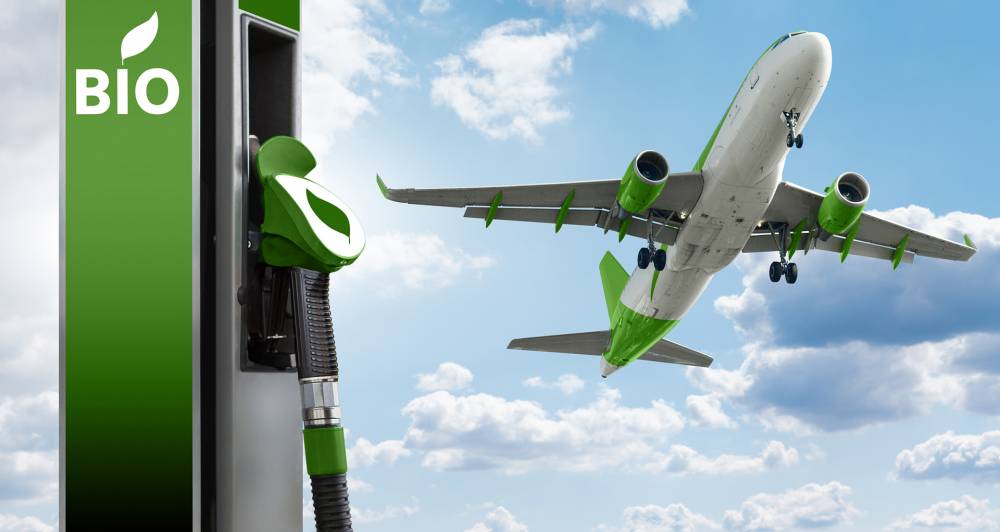The industry aims to reach net-zero carbon emissions by adopting new technologies, including alternative fuels, carbon offsets, and more efficient aircraft, engines, and air traffic management systems.
Attaining net-zero emissions requires "substantial extra efforts compared to business as usual," costing €820 billion from 2018 to 2050, as stated in a report commissioned by airline industry organizations. The largest expense, €441 billion, would be allocated to cleaner, non-fossil fuel-based fuels, such as those derived from animal fat, cooking oil, or household waste. These sustainable aviation fuels can reduce a flight's total emissions by around 70% but are costlier than conventional jet fuel and produced in extremely limited quantities.
The report, prepared by SEO Amsterdam Economics and the Royal Netherlands Aerospace Centre, was commissioned by aviation lobbying groups, including Airlines for Europe (A4E) and airport trade body ACI Europe. It cautioned that aviation companies, such as airlines and airports, would be unable to finance the climate transition independently, partly due to the industry's historical difficulty in maintaining consistent profitability.
The report indicated that the sector's capacity to absorb costs, particularly for European airlines and hubs, is expected to be low, given the historical low profits and recent crises. Consequently, the industry has urged European policymakers to provide significant new support, including categorizing newer and more efficient aircraft powered by conventional jet fuel as green investments under EU sustainable finance regulations to attract private capital.
Environmental organizations argue that this would constitute "a huge act of greenwashing" by effectively labeling highly polluting planes as sustainable. A4E asserts that a stable and predictable investment environment and a consistent policy framework are essential for European aviation to access the required capital.
A separate analysis from S&P Global, a rating agency, revealed that airplanes currently lack a cost-effective alternative to fossil fuels. It noted that environmental regulations, such as EU carbon emission taxes, could "incentivize innovation," but investing in low-carbon and zero-carbon energy sources is expensive and risky, especially considering long investment lead times.

